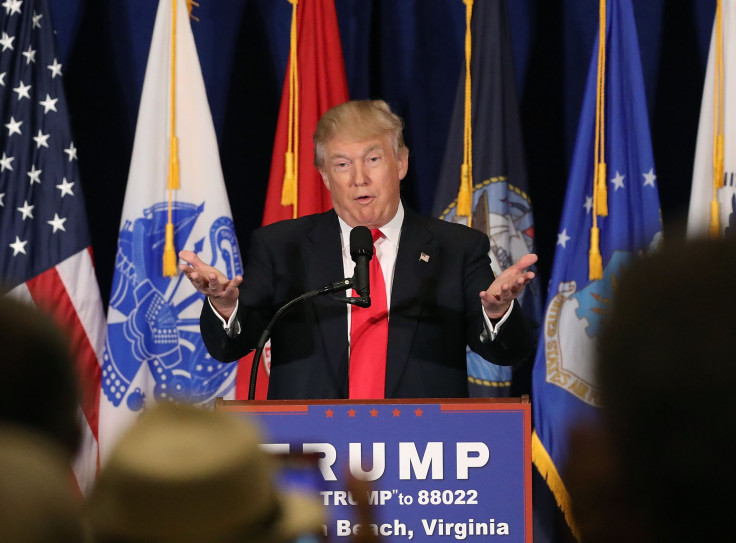What Is The Republican Convention In Cleveland And How Does The Presidential Nomination Process Work?
The Republican National Convention starts in Cleveland Monday and presumptive nominee Donald Trump is looking to clinch his party’s nomination while Trump rivals eye their last chance at ditching the New York businessman.
The Republican National Convention will be held from Monday to Thursday and by the end the party will have announced its presidential and vice presidential nominees as well the party platform and rules. Here’s a look at everything you need to know about the Republican convention and how the nomination process works.

How does the convention work? Before the convention, anti-Trump supporters were trying to convince the Rules Committee to accept a proposal that would allow delegates to vote their “conscience” and not heed primary results, CNN reported. Colorado delegate Kendal Unruh led the effort that also called for choosing a vice presidential nominee outside of Trump’s selection. The effort did not succeed.
At the convention, delegates vote over and over until they hit 1,237 votes for one candidate. During the first round of voting at the convention, most delegates must follow the voting results of their states' primary or caucus results, the Los Angeles Times reported. If this happens, then Trump should secure the party’s nomination. If voting continues to later rounds, most delegates are free to make their own choice by the third round, ABC News reported.
How many delegates will be at the convention? Approximately 2,470 delegates and 2,302 alternate delegates from all 50 states, the District of Columbia and five territories are expected to attend the convention, according to the event’s official website. Trump secured 1,543 delegates ahead of the convention during the primary season, according to the count conducted by the Associated Press.
When was the last time there was uncertainty over a convention? The last time there was uncertainty over who would be nominated at a convention was in 1976 when Gerald Ford and Ronald Reagan faced off, according to the Pew Research Center. Taking a historical look, Adlai Stevenson in 1952 was the last candidate who did not win the nomination in the first ballot round. Walter Mondale, in 1984, was the last candidate to come to a convention without a delegate majority.
© Copyright IBTimes 2025. All rights reserved.






















